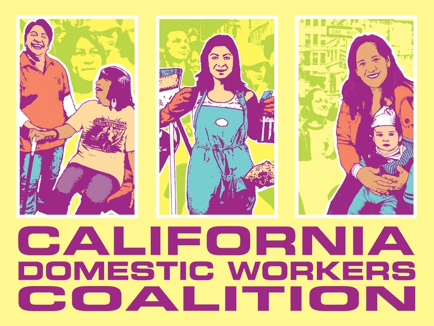Sasha Abramsky
Now, legislators in California are taking aim at state OSHA provisions that, historically, have excluded from workplace safety protections domestic workers, home caregivers, and others in industries disproportionately employing immigrant women of color.
SB 321, the Health and Safety for All Workers Act, is authored by state Senator Maria Elena Durazo, who represents a district in Los Angeles. It aims to extend workplace safety requirements to areas of the economy dominated by informal, and exploitative, employer-employee contracts, so that, for example, house cleaners couldn’t be fired for asking their employers to provide PPE during a pandemic or in the midst of wildfire outbreaks. Durazo notes that Latinos in Los Angeles disproportionately work in frontline occupations, and that, partly as a result of this, in California they have had a Covid-mortality rate three times that of whites. The state senator contextualizes this struggle within a history of labor exploitation in the United States going back to slavery.
The National Domestic Workers Alliance, as well as an array of labor rights and immigrant rights organizations, has championed Durazo’s act, which the legislature seems likely to pass in the coming session.
“We are essential workers, we are immigrants, we are women of color, and we have been denied the legal right to protections,” Cristina Ragas of Filipino Advocates for Justice explained at a press conference on Wednesday. At that same event, Vicenta Martinez, an indigenous Oaxacan who now works as a house cleaner in Malibu, spoke of having to work with no masks and no gloves throughout weeks of fierce fires this past summer. Her hair pulled back from her forehead, wearing a gray-and-white floral shirt, Martinez told of being too afraid of losing her job to ask her employers to provide her with masks, and of having too little disposable income to be able to afford her own gear. She worried about the health damage from inhaling smoke, and also about her ongoing exposure to Covid. She talked of friends, fellow domestic workers, “who went through the disease, at home, totally abandoned, without benefits.”
